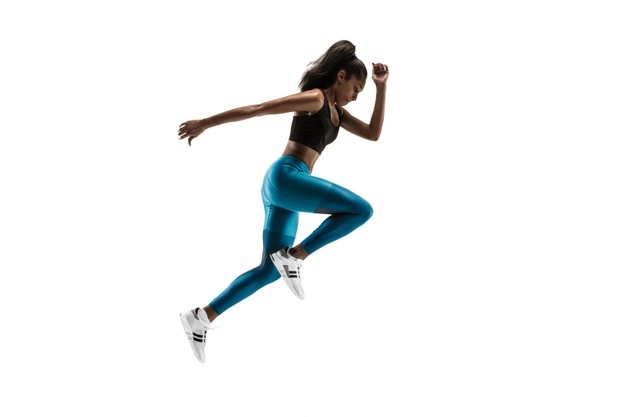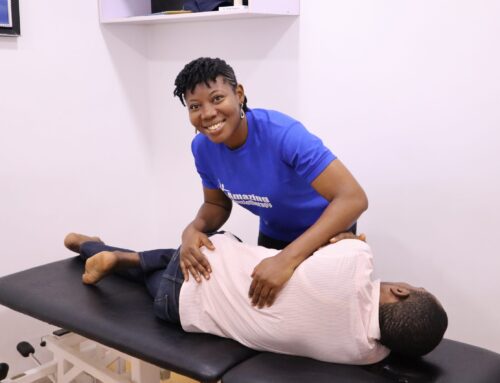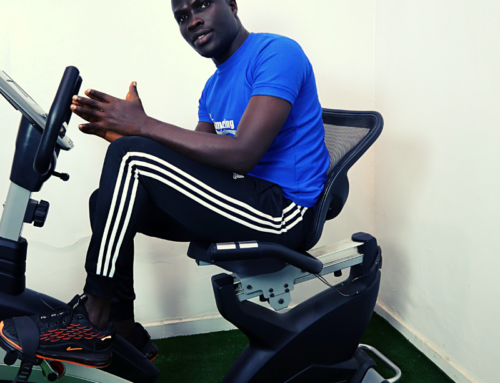What’s the Secret?
Physical exercise is any bodily activity that enhances or maintains physical fitness and overall health and wellness. It is performed for various reasons
Some care providers call exercise the “miracle drug’’ due to the wide variety of benefits that it can provide for every individual.
Physical activity, as part of day-to-day life, can improve cardiorespiratory fitness, joint and muscular health and ultimately reduce the risk of conditions including cardiovascular disease and type 2 diabetes.
“A lack of physical activity causes approximately 6% of the burden of disease from coronary heart disease, 7% of type 2 diabetes, 10% of breast cancer and 10% of colon cancer worldwide. Overall, physical inactivity causes 9% of premature mortality worldwide. Each year at least 1.9 million people die as a result of physical inactivity.
At least 30 minutes of moderate-intensity physical activity on five days of the week reduces the risk of several common non-communicable diseases (NCDs).
More than 35 million people died of NCDs in 2005 – this represented 60% of all deaths worldwide.
80% of deaths from NCDs occur in low- and middle-income countries- Nigeria inclusive.
Physical inactivity is a modifiable risk factor for cardiovascular disease and a widening variety of other chronic diseases, including diabetes mellitus, cancer (colon and breast), obesity, hypertension, bone and joint diseases (osteoporosis and osteoarthritis), and depression.
The prevalence of physical inactivity (among 51% of adult Nigerians) is higher than that of all other modifiable risk factors. Frequent and regular physical exercise boosts the immune system and helps prevent certain “diseases of affluence” such as coronary heart disease, type 2 diabetes, and obesity.
It may also help prevent stress and depression, increase the quality of your sleep and act as a non-pharmaceutical sleep aid to treat diseases such as insomnia, help promote or maintain positive self-esteem improve mental health, maintain steady digestion and treat constipation and gas, regulate fertility health, and augment an individual’s sex appeal or body image.
Recommendation
Our specialists work with a wide range of people to optimize their physical activity, from elite athletes to older people seeking to remain active as they age more than any other group. We prevent chronic disease by helping people become more active.
We recommend 60 minutes of moderate to vigorous physical activity daily for children aged 5-18.
Moderate activity includes brisk walking and cycling. Vigorous activity is exercise that makes people huff and puff – and could include dancing and household chores, as well as sports like running and football.
Adults (18-65 years old) should undertake:
- 30 minutes of moderate-intensity physical activity five days per week;
- 20 minutes of vigorous-intensity physical activity three days per week;
- an equivalent combination of moderate/vigorous-intensity physical activity;
- 8-10 muscular strengthening exercises (8-12 repetitions) at least twice weekly.
Older adults (65+) should undertake: the same recommendations as described for adults (outlined above) but considering the intensity and type of physical activity appropriate for older people;
Exercise and physical activity are a great way to feel better, boost your health and have fun. Aim for at least 150 minutes per week of moderate-intensity exercise or 75 minutes per week of vigorous exercise.
Try to engage in vigorous and moderate aerobic exercises, such as running, walking or swimming. Squeeze in strength training at least twice per week by lifting free weights, using weight machines or doing bodyweight exercises.
Preventive medicine has taken a new dimension, the goal is to teach you the ultimate benefits of exercise.
Contact 07026750637 or 08083654963 for more information.






Leave A Comment